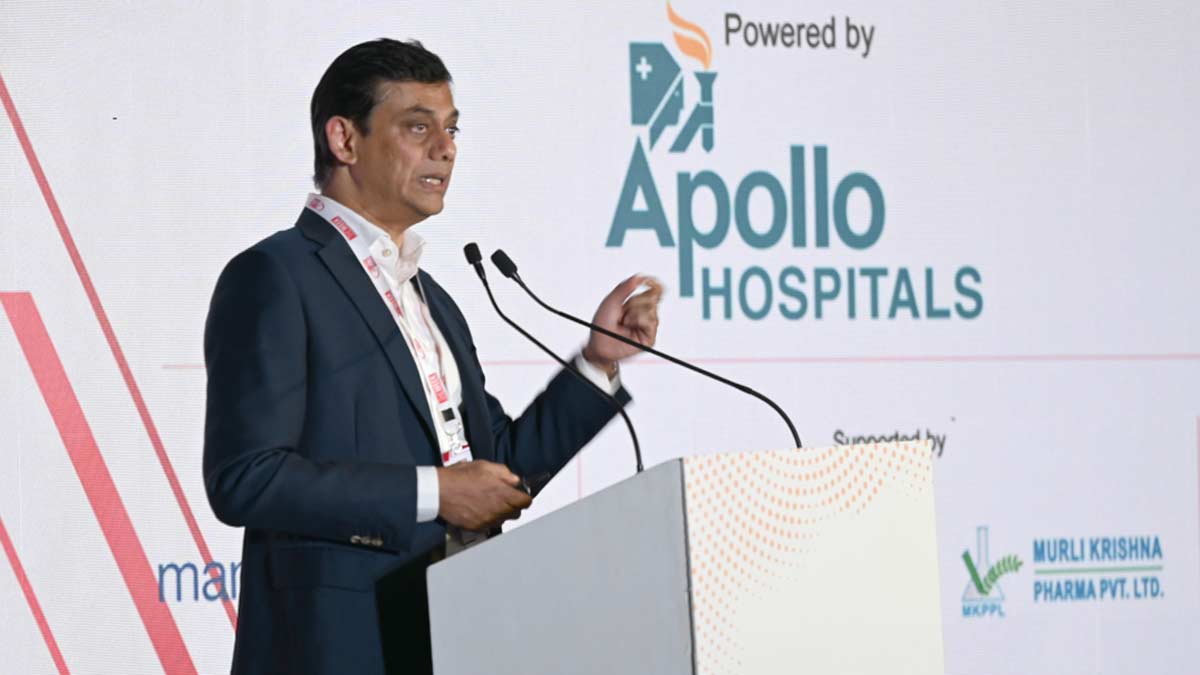The planet is ageing, and it would fundamentally change the health care and related domains, said Dr Madhu Sasidhar, president and CEO of Apollo Hospitals Division.
In a presentation at THE WEEK Health Summit 2024 in New Delhi, Sasidhar noted that in the past few decades, the world has seen tremendous changes in terms of life expectancy. "Interestingly, it is not because of medicine," he said, while explaining the factors that impacted the overall life expectancy scenarios in different part of the world. "Infant mortality numbers had a major impact. Vaccination and sanitation had made major impact. Agriculture had a major impact."
ALSO READ: 'AI helping diagnose diseases faster': AIIMS director Dr M. Srinivas
Sasidhar, however, noted that the maximum human lifespan is still the same, and what changed is avoidable mortality because of the progress human race has achieved.
He said that the compression of morbidity in public health, a hypothesis put forth by James Fries, professor of medicine at Stanford University School of Medicine, is something worth thinking about. Compression of morbidity is the idea that the age of onset of disability can be delayed more quickly than increasing the life expectancy. This would result in a shorter period of disability at the end of life.
"Most illnesses occur in last few decades of life," he said, adding that it makes new vision and approach to geriatrics crucial.
ALSO READ: Union Minister Anupriya Patel inaugurates THE WEEK Health Summit 2024
In 2018, the number of people older than 64 years surpassed the number of children under five. Sasidhar said that it is time to rethink how the world is going to deal with the growing number of infections and sepsis, degenerative diseases and the heavy burden of non-communicable diseases.
He added that technology-powered rehabilitation and long-term care needs to be retrimmed and health care education and research also need to be updated, taking all these factors into account.



